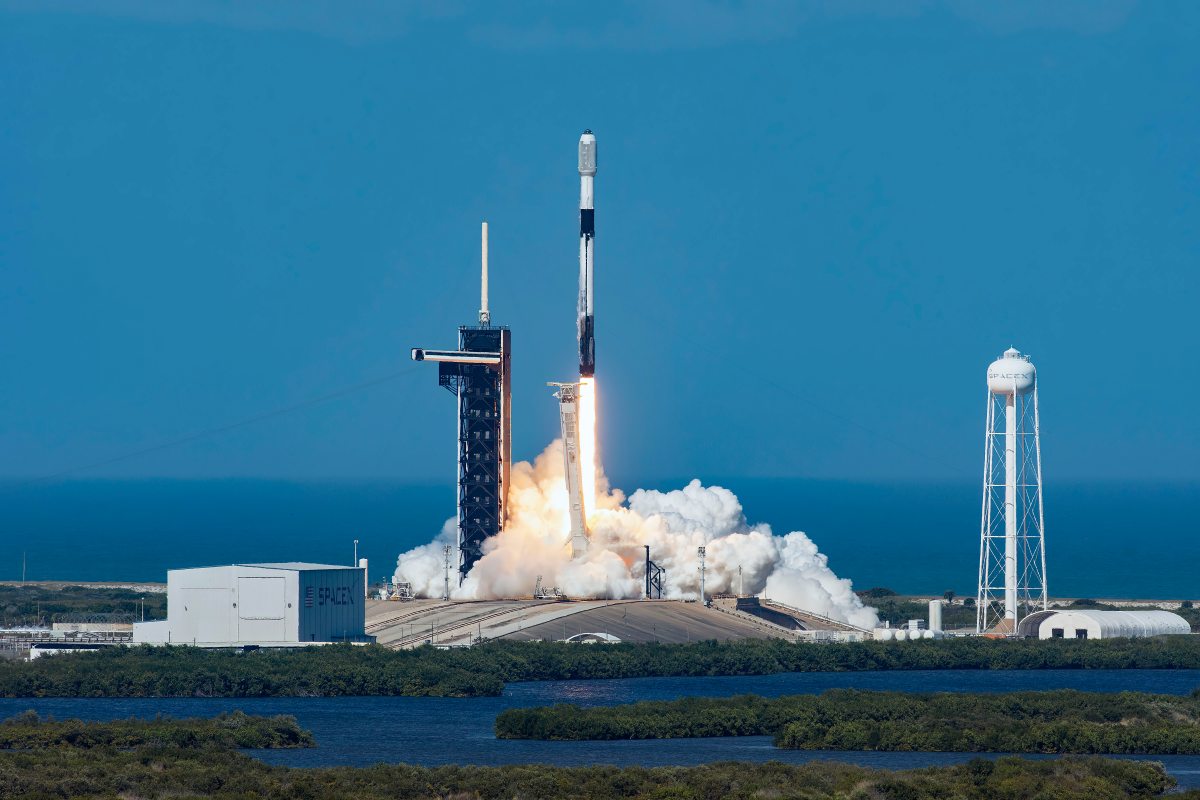Countdown Capital, an early-stage venture capital firm focused on hard tech industrial startups, will shut down by the end of March and return uninvested capital, firm founder and solo general partner Jai Malik said in an annual letter. In the letter, which was viewed by TechCrunch, Malik says he decided to close the fund after […]
© 2023 TechCrunch. All rights reserved. For personal use only.
Countdown Capital, an early-stage venture capital firm focused on hard tech industrial startups, will shut down by the end of March and return uninvested capital, firm founder and solo general partner Jai Malik said in an annual letter.
In the letter, which was viewed by TechCrunch, Malik says he decided to close the fund after coming to two main conclusions on the economics of early-stage hard tech investing: that “funding industrial startups is not inefficient enough to justify our existence” and that “larger, multi-stage venture firms are best positioned to generate strong returns on the most valuable industrial startups.”
In other words, that the firm would be unlikely to realize excess returns consistently based on capital limitations and swelling competition from large incumbents.
The three-year-old firm’s sudden closure suggests that there are stronger headwinds for early-stage hard tech funds than the overtly optimistic narratives about “building for America” might suggest. The incisively-written letter reads like a cold glass of water to the face.
“Despite our performance to date, I’ve concluded that new investments are unlikely to yield strong returns,” Malik says. “As a result, I no longer believe that Countdown’s existence is justified, for both our LPs and Countdown management.” Malik declined to comment on this story.
The firm has backed some of the better-known names in the aerospace and defense sector, including large satellite bus developer K2 Space, machining startup Hadrian, and cybersecurity company Galvanick. A total of 12 investments are listed on the firm’s website. Among Countdown’s LPs included Craft Ventures’ David Sacks, Banana Capital’s Turner Novak and Homebrew VC’s Hunter Walk.
Notably, Countdown was relatively early to the American hard tech Renaissance; the firm closed its first fund well before Andreessen Horowitz launched its American Dynamism practice, likely the largest and best-known U.S. fund focused on shoring up “the national interest” across sectors like manufacturing, aviation and others.
TechCrunch covered Countdown’s second $15 million fund in September 2022; at the time, Malik said that the firm was filling a void at the very early stages for capital-intensive businesses. A year and a bit on, however, it’s clear that the early-stage opportunities Malik was targeting have not shaken out as anticipated. Countdown’s first fund was $3 million.
The letter posits larger narratives about early-stage hard tech industrials investing that throw into doubt the ability of small, specialist funds to compete against multi-stage incumbents.
Malik explicitly touches on this fact toward the end of the letter, when he writes: “To be clear, we’re not bearish on venture capital or the future success of venture-scale hard tech companies at large. We’re bearish on the ability of small, early-stage funds — particularly sectionally focused ones — to continue exploiting these opportunities profitably.”
In the letter, Malik connects large multi-stage firms investing in hard tech industrial startups to the slowdown in growth in software-as-a-service (SaaS) businesses. But he says that the rate of overall value growth for industrial startups will not outpace the rate of investment from large firms. “Consequently, we think early access to the best companies for a specialized, early-stage venture firm like Countdown will become more limited,” he says. “The most successful early-stage, specialist firms may simply resemble less-profitable ‘derivatives’ of top-performing multi-stage firms, like Founders Fund.”
Malik goes on to say that he thought Countdown had or could develop competitive advantages to outcompete against other firms, multi-stage or early-stage, but that these “are unlikely to prevail.” These advantages could be things like incubation or other approaches that require more time and money than the small-AUM firm could afford.
He said that this lack of competitive advantage was already noticeable: In three cases, Countdown came close to investing in a company’s first round, only for the firm to be priced out by a larger multi-stage firm: “A 50-100% price difference at the pre-seed and seed stage is immaterial to a multi-stage firm managing billions of dollars, but can and should be the difference between a yes and no for a firm of our size.”
Another issue, Malik says, is that the top-performing industrial startups are inaccessible to early-stage firms because they are priced efficiently early on. For example, Malik estimates that Anduril, The Boring Company and Redwood Materials were priced at roughly $60 million, $1 billion and $200 million, respectively, in their first outside rounds; Countdown would’ve had to invest an enormous portion of its fund to acquire even just 3% of each company.
By the end of March, the firm will complete all pending investments, return capital, cancel all uncalled commitments and permanently cease operation apart from current asset management, Malik said.

Leave a Reply